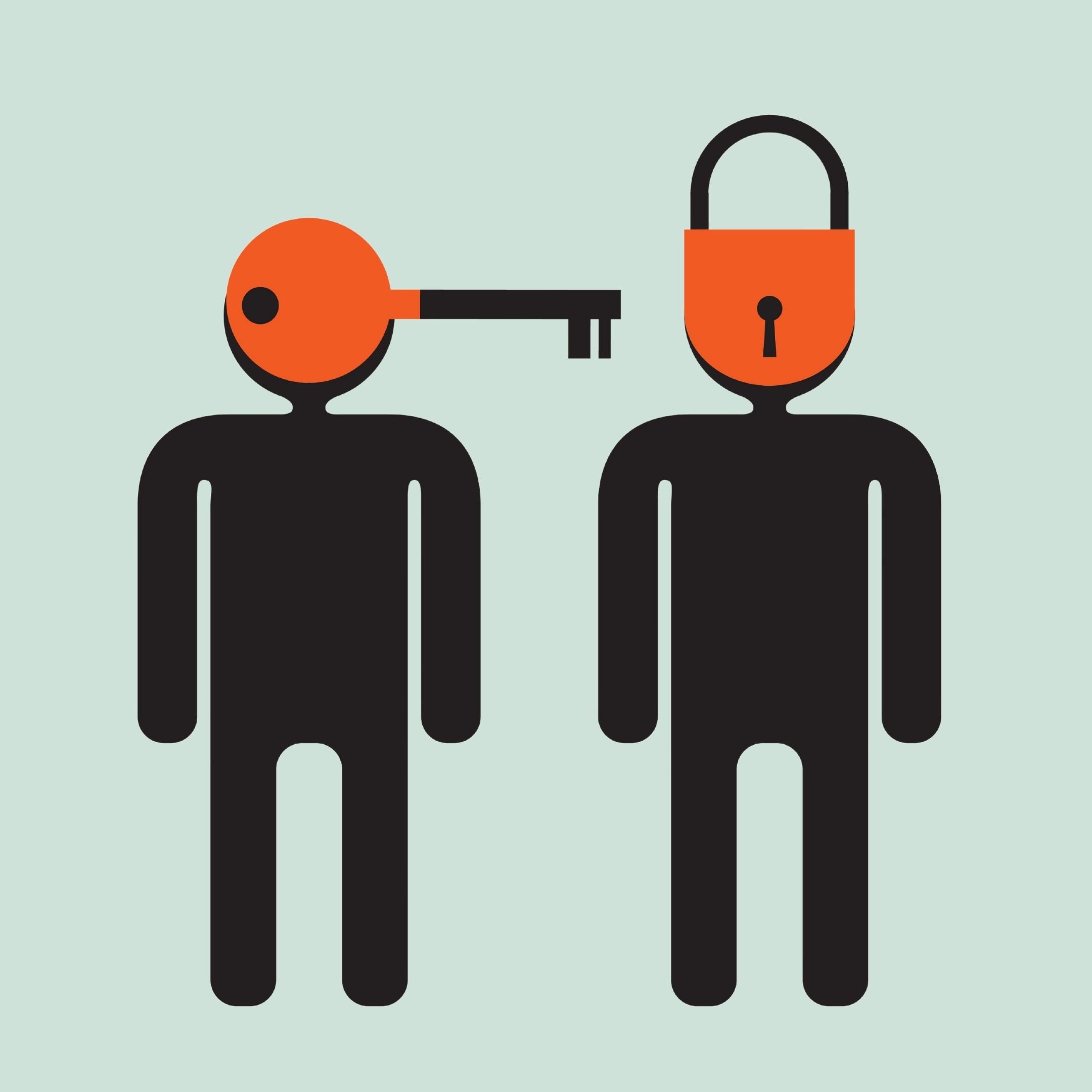Introverts and extroverts have different needs in friendships
By Carly Fleming, M.Ed., RP
Do you consider yourself an extrovert? An introvert? Somewhere in-between?
Have you ever considered how this impacts your friendships? Of course, we are all unique individuals and no two people are the same. Logically, no two friendships are the same. But there are interesting differences in the ways that introverts and extroverts function in friendships that can help all of us understand our own needs and the needs of our friends. While introverts and extroverts exist on opposite ends of a spectrum, the reality is that most of us are somewhere in the middle. There’s no need to “choose sides” here. As you read through the different ways that introverts and extroverts show up in their friendships, see if you recognize yourself in these descriptions and allow your reflections on this to help deepen your understanding of yourself, your friends, and your relationship dynamic.
Extroverts tend to enjoy socializing and interacting with others, can be confidently assertive, and have an openness and willingness to share with other people. It is commonly accepted that extroverts gather energy by spending time with other people. On the other hand, introverts tend to focus more on their inner world and can be quite quiet and introspective. They tend to re-energize by spending time alone.
Just reading this short synopsis of these 2 personality types allows us to see that when an introvert and an extrovert are friends, they will have very different needs. Understanding what the differences are and trying to work with them instead of against them can go a long way to improving the quality of friendships over time.
So what are the biggest differences in their friendship needs?
Extroverts can experience low mood when they spend too much time alone as they can be negatively affected by feelings of isolation. If you have an extrovert as a friend, they may call on you in hopes that an interaction with you can help lift their mood. An introvert may see them reaching out as simply a quick hello when in fact it could be something much more meaningful to their extroverted friend.
The pursuit of social interaction for an extrovert can be considered a need. In comparison, introverts tend to engage in social interaction after careful reflection on whether it’s something they have energy for. Because extroverts seek social interaction to get their needs met, it can sometimes feel that “any person will do”. If an introvert and an extrovert go to a party or an event together, the extrovert may leave the introvert alone in search of engaging conversation.
Introverts can be very drained (both physically and emotionally) by social interaction. If they have enough energy, they may be very happy to spend time interacting with their extrovert friend. However, if they don’t have enough energy, simply the promise of spending time with their friend may not be enough to convince them to leave their house.
Extroverts tend to work through their emotions by talking about their feelings whereas introverts tend to work things out internally before discussion with others. This difference can be very significant if an introvert and an extrovert have a disagreement or argument. The extrovert may want to talk things out whereas the introvert may need time alone to process the situation.
Extroverts tend to have a larger group of friends than introverts. Extroverts may want to gather a large group of people together to celebrate their life milestones whereas an introvert may wish to celebrate alone or with one or two others.
You might even find yourself identifying with the introvert in one of the above scenarios and the extrovert in another, we’re all unique.
Even with time, there might be natural shifts in how much social interaction feels satisfying. These needs can evolve with age, life circumstance, self-exploration and awareness. Identifying that we are beautifully unique in our own needs might help bring some understanding into our relationship dynamics with friends who also have their own unique needs.
There is no “right way” to be a friend or to interact with the world.
Introverts and extroverts (and everyone in between) can be wonderful friends and can benefit greatly from close friendships. By keeping in mind these important differences in the ways your friends need you and their time alone, it can go a long way in reducing hurt feelings . When you can see their actions as simply a reflection of their unique personality and not take things personally, each interaction is simply an opportunity to get to know your friend a little better.
If you’re struggling with friendships in your life, we are here to help.
Whether you’ve recently ended a friendship, are experiencing conflict in your friendships, or having trouble making or sustaining friendships, therapy can be an excellent way to unpack what’s going on and work towards more fulfilling relationships.
Looking for some support?
If you’re struggling with your relationships and wondering whether therapy can help, then you’re already taking a step towards a vision of improved personal well being. Maybe now is the time, or a seed has been planted for the future. Either way, we’ll be here to support you when you’re ready - because you matter.
When you’re ready, we can help.
Book a free 30 minute consultation and let’s talk about it.

